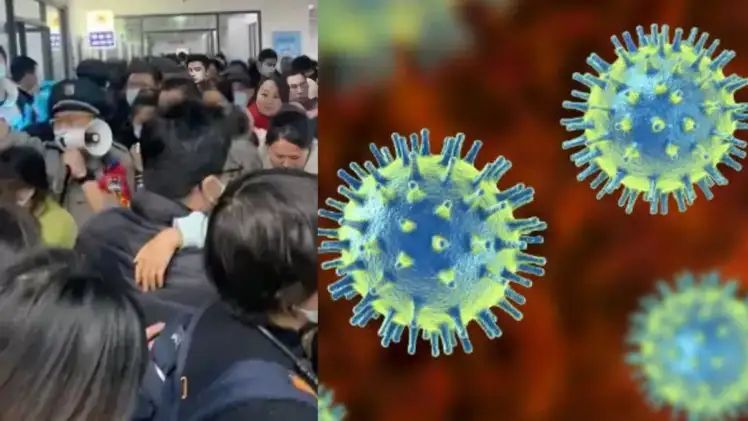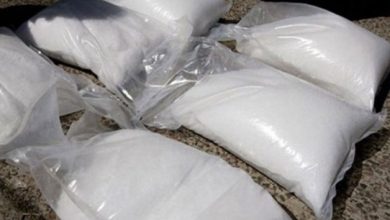China New Virus Outbreak: HMPV Cases Reported In Hong Kong; WHO Remains Silent

Nearly half a decade on from the COVID-19 pandemic that brought global activities to a halt, China finds itself grappling with a new health concern.
Reports indicate that China has raised the alarm over the spread of the Human Metapneumovirus (HMPV), prompting a health emergency declaration in the nation.
Despite this, the World Health Organization (WHO) has yet to make any formal announcement on the matter. In light of these developments, countries neighboring China are urging their citizens to exercise caution, with HMPV cases also reported in Hong Kong. However, a prominent epidemiologist has stated that human metapneumovirus (HMPV) levels in Hong Kong remain low, despite an ongoing outbreak of the respiratory virus in mainland China.
David Hui, a professor of respiratory medicine at the Faculty of Medicine at the Chinese University of Hong Kong, informed TVB News that while HMPV infections have surged in mainland China, Hong Kong has not experienced a similar increase.
Indian Health Officials Urge Caution Amid Rising Cases
Meanwhile, Indian health officials have called for vigilance, stressing the importance of precautionary measures without inciting undue fear. Particularly, Kerala’s Health Minister has advocated for the elderly and pregnant women to don masks in public spaces, as the Indian health ministry keeps a watchful eye on the evolving situation.
Human Metapneumovirus (HMPV): A Growing Threat to Respiratory Health
Human Metapneumovirus, known as HMPV, poses a threat to the respiratory system and has the potential to affect individuals across all age groups, though the elderly and children under five years old are at greater risk. Identified first in 2001, HMPV is not an unfamiliar virus, having been documented in various global locations previously. It tends to be more prevalent during the winter months, presenting symptoms akin to those of the common cold, including a runny or blocked nose, sore throat, and wheezing. The virus can escalate to bronchitis and pneumonia in people with compromised immune systems, with an incubation period ranging from three to six days. Notably, individuals who have previously contracted COVID-19 may find themselves more susceptible to HMPV.
No Vaccines For HMPV
At present, there are no vaccines or antiviral treatments available to combat HMPV. The virus primarily spreads through respiratory droplets from coughing and sneezing, direct contact with infected individuals, or by touching one’s face after contact with contaminated surfaces.
Preventive measures against HMPV mirror those recommended during the COVID-19 pandemic. These include thorough handwashing with soap and water for no less than 20 seconds, covering the nose and mouth when in close proximity to someone coughing or sneezing, wearing masks diligently, and maintaining hand hygiene before touching the eyes, nose, or mouth.
Despite their distinct viral families, HMPV and the SARS-CoV-2 virus, responsible for COVID-19, share similarities in how they affect the body and spread. Both viruses target the respiratory system and are transmitted through contact with infected individuals.
Their symptoms overlap as well, with fever, sore throat, cough, wheezing, and chills being common to both. Vulnerable groups for both viruses include the elderly, young children, and those with weakened immune systems. Adherence to mask-wearing, hand hygiene, and social distancing serve as effective precautions against the spread of both HMPV and COVID-19.







